

| Programme (taught in English) | 4-year full-time or 6-year part-time degree programme with Metaverse, multimedia, design, programming, web, AI and their applications with Catholic values taught by caring staff with diverse expertise and passion |
| Career | Graduates are currently in great demand and have many job options or may take postgraduate study |
| Local admission: Year 1 entry | Minimum 332A2 (English, Chinese, Math, Citizenship and Social Development, elective) in the Hong Kong Diploma of Secondary Education Examination (HKDSEE); (or an equivalent qualification) more |
| Admission: Year 3 entry | Associate Degree (AD) / Higher Diploma (HD) program in Computer/design or related areas; (or an equivalent qualification) more |
| Admission: Year 2 entry | With Associate Degree / Higher Diploma in unrelated field to change to DET more |
| Artificial Intelligence | May take additional AI courses to enhance professional competence globally for now and in future jobs |
| Local student finance | Apply for admission to the SSSDP programme via JUPAS (Code: JSSA02) with SSSDP subsidy of HK$46,780 to each eligible student in 2025/26 academic year. more |
| International student | Qualified international students may apply for scholarship
to waive up to 89.6% tuition. more Non-Chinese speaking international student may have Chinese courses substituted by other courses. more hostels |
| Exchange student program | Optional |
| Internship | Optional |




The BScDET programme is structured to meet the job market needs in our ever-evolving digital world.
The curriculum uniquely builds upon a comprehensive basic training in design and computing/information sciences with the fascinating technologies in multimedia, virtual reality, and artificial intelligence.
The students are empowered with essential hands-on programming skills and digital design talents needed to become well-rounded professionals competent in the diverse job markets.

The gifts of human intelligence have enabled many innovations and tools in IT, AI, and design that continues to improve and affect human lives tremendously. Yet these powerful tools may also be misused such as in addiction, in pornography, in the culture of death, and in fierce competitions to prosper at the expense of defeating others. Authentic Catholic teaching encourages to live out Christian faith of love, care and helping each other in the use of high-tech in one's profession in life in serving other people and the common good of the society.

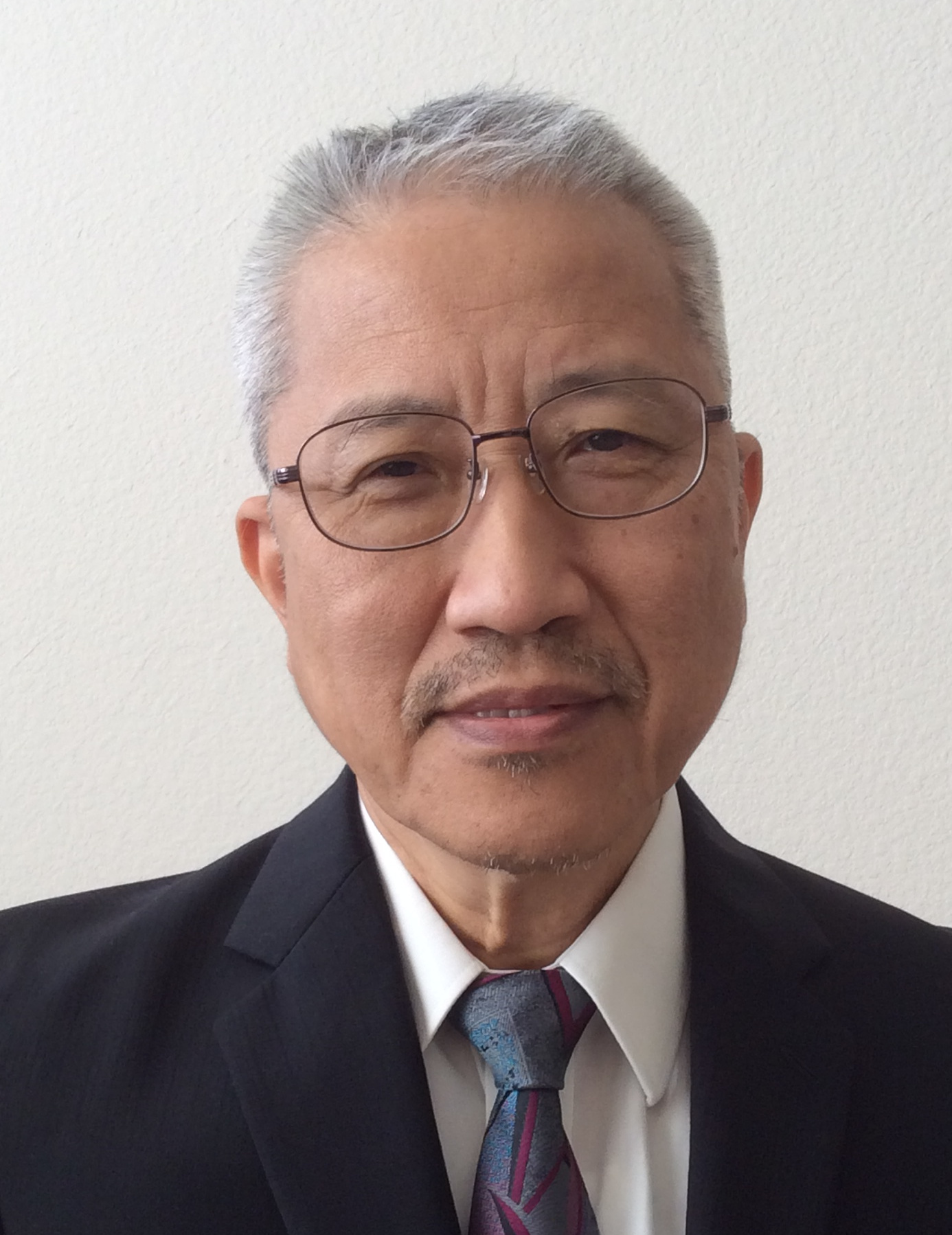
Professor H. Anthony CHAN, IEEE Fellow
Both BSc (Honors) in Artificial Intelligence and BSc (Honors) in Digital Entertainment Technology are in fast growth areas with many jobs and career options. Students will be equipped with fundamentals in computing and information science, and will learn AI or design from basic concepts, technologies, and applications in many fields. The expertise of our staff spans diverse and important areas including machine learning, deep learning, digital entertainment, multimedia, data science, design, Internet, communication network, standards, and ICT industry. Being active in research in these areas, our staff pay attention to ease of understanding and care for students in teaching.
Computing and information technologies are the enables to become a professional to innovate, create and design new and more useful products and services to improve daily life. New technologies in artificial intelligence, multimedia, virtual reality, and cloud have arisen, and newer technologies will continue to emerge. It is interesting to acquire and appreciate such new knowledge with opportunities to innovate as such a professional in demand globally.
I have enjoyed such an exciting career myself, having worked in both industry and academia overseas and having changed area of expertise multiple times as needs in industry changes. I intend to nurture students with understanding of the industry and with capability to take up new challenges to contribute to the society professionally and ethically.
My motto: I do not possess anything; all I have is only borrowed from God so that I may serve others.

The program aims:

(a) In addition to the information technology skills, our students also receive professional design training through our Department of Design. In their final year projects, they will receive timely support on creative and innovative aspects from the Department of Design, which can widen our students in both theoretical and practical horizons. These concrete training and experience pave way and let them effectively apply what they have learnt in their workplace.
(b) The newly equipped motion-capture studio provides a genuine simulation and resourceful environment to students when they are conducting their laboratories and workshops, especially useful for their completion of the final year projects. Not only do our students learn the use of motion capture applications in games and animations, they can widely apply them in their professions afterwards.
(c) Our programme includes General Education for students having a holistic development, and also cultivating their appreciation of different approaches to knowledge as well as different issues and challenges in life. It helps demonstrate broad perceptual and conceptual horizons and knowledge of life and a global perspective.

Upon successful completion of the Program, students should be able to:

The combination of Information Technologies and Artificial Intelligence with design talents opens up diverse career paths:

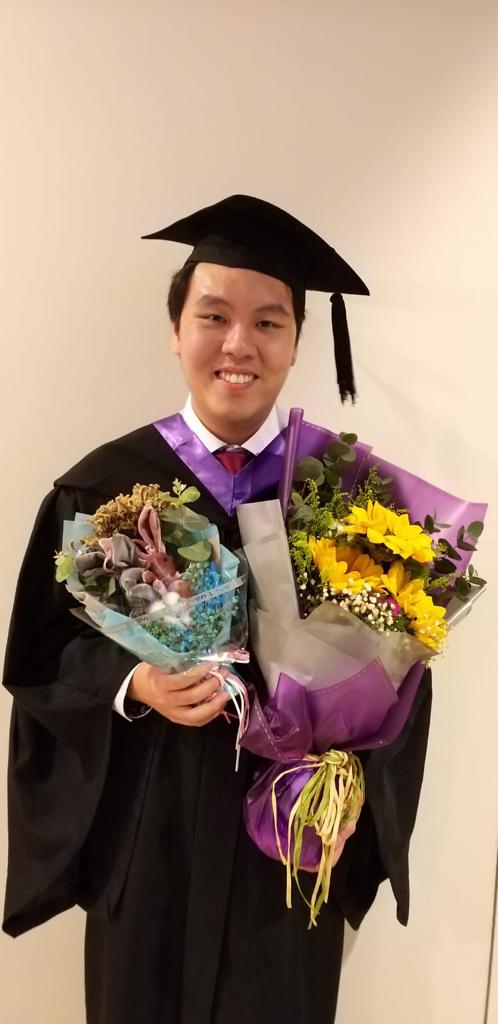
Mr Cheng King Sun Marco, Web Programmer, UDomain
"What impressed me most in this four year of Higher Diploma and Bachelor's Degree studies is our teachers. They were not only concerned about my academic performance, but also cared about my future. Teachers shared their knowledge on latest industry development and always stressed the importance of lifelong learning. After all, we need to keep the finger on the pulse if we work in the Information and Technology industry.
I want to express my gratitude to the School for arranging internship opportunities, which greatly prepared me for my future job. In their free time, teachers even accompanied us to job interview and helped us improve our weaknesses. I must say I would not have got my current job without their support!"

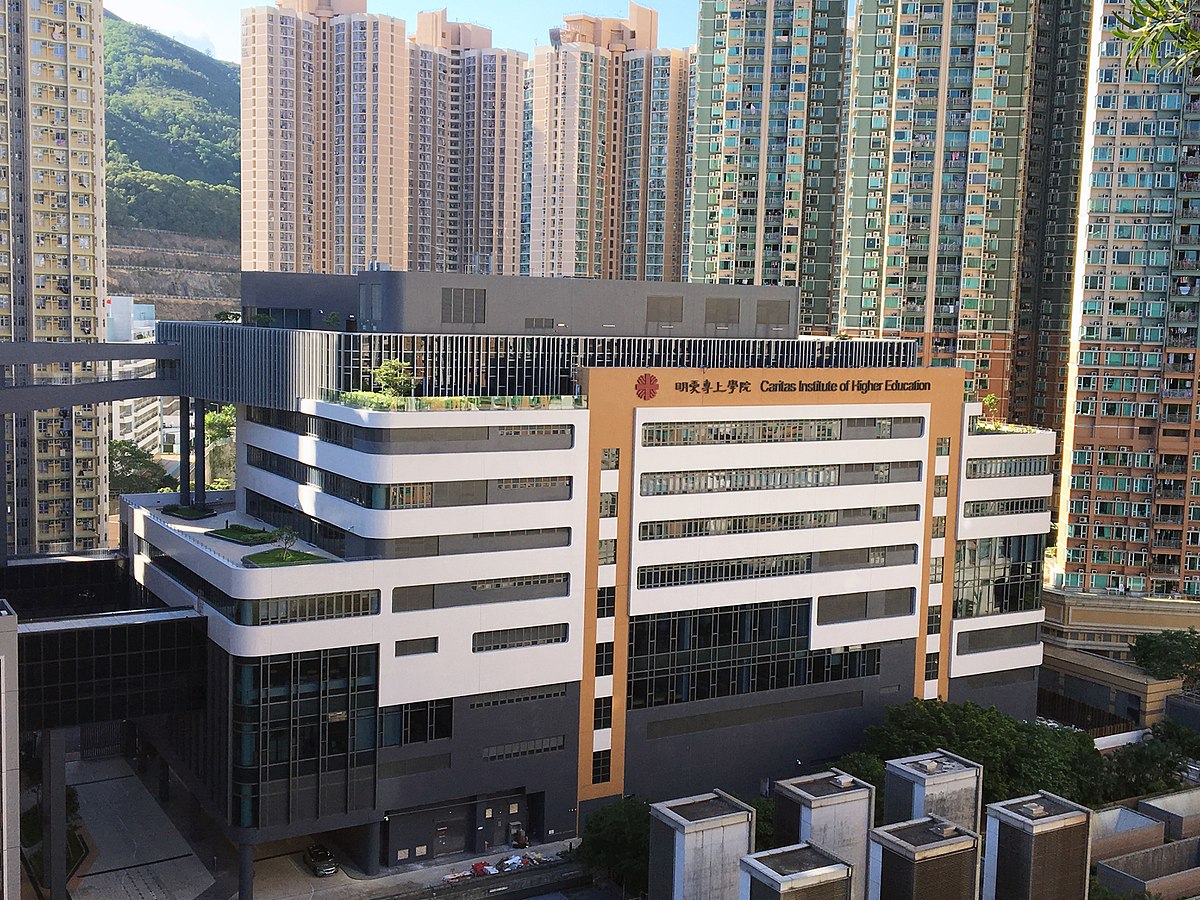
Local students apply: SSSDP JUPAS Code: JSSA02 with subsidy of HK$46,780 to each eligible student in 2025/26 academic year.

For admission to Year 1 of the BScDET Programme, applicants must satisfy one of the following admission requirements:
Remark:
#1. As specified in the letter of the Hong Kong Council for Accreditation of Academic and Vocational Qualifications (HKCAAVQ) dated 12 July 2017, the maximum number of non-standard admission (including mature aged students) for local degree programs is capped at the maximum of 5% of the actual number of Year 1 new students of the year. The cap is applied in line with the general expectation on self-financed degree-awarding institutions in safeguarding teaching and learning quality and thereby upholding the creditability and recognition of the qualifications.

Applicants holding the following qualifications can obtain credit transfer from most Year 1 / Year 2 courses in recognition of their prior learning experience through the granting of advanced standing upon admission, and may typically start their studies at Year 3 of the BScDET Programme:

Applicants holding the following qualifications can obtain credit transfer from some Year 1 / Year 2 courses in recognition of their prior experience through the granting of advanced standing upon admission, and may typically start their studies at Year 2 of the BScDET Programme:

All the 20 places of the BScDET(Hons) Program are subsidized by the government under the SSSDP. To seek admission to the Program, applicants should apply via JUPAS (JUPAS Code: JSSA02).
The subsidized places of the BScDET (Hons) Program under the Study Subsidy Scheme for Designated Professions/Sectors (SSSDP) are mainly allocated through the Joint University Programs Admissions System (JUPAS). JUPAS students can obtain a subsidized place only via JUPAS but not any other channels. Should there be unfilled intake places, local non-JUPAS applicants will be admitted via direct admission of no more than 10% of the 20 (in 2025/26) subsidized places in BSc(honour)DET. The maximum places for direct admission for unfilled intake in 2025/26 is 2 (10% of 20).
If you wish to apply for the remaining subsidized places in advance, please submit your application via our Online Application System and choose (for Local Non-JUPAS Applicants ONLY): [SSSDP Unfilled Places] Bachelor of Science (Honours) in Digital Entertainment Technology (Year 1) – 1BSDET1. Please note that only when there are any remaining subsidized places, non-JUPAS applicants will be considered for direct admission for the program. The final decision is subject to the discretion of the Institute.
Applicants who seek admission to Year 2/ Year 3 entry of this program should apply directly to the Institute for the self-financing places (course code: 1BSDET2, 1BSDET3).
2019 JUPAS Admission Score (HKDSE) for JSSA02: BSc(Honours) in Digital Entertainment Technology
Mean Score (4 core subjects plus the best elective subject): 15.0,
calculated according to the converted points for Category A HKDES subjects that Level 2 = 2 points, Level 3 = 3 points, Level 4 = 4 points, Level 5/5*/5** = 5/6/7 points.

Shortlisted local applicants will be invited to attend an admission interview. Applicants are requested to bring the following when attending the interview:

The annual tuition fee for the 2025/26 intake of the 4-year BScDET programme is HK$85,230 per year.
The tuition fee in 2025/26, after the deduction of the $46,780 subsidy under the SSSDP which is applicable for full-time local students only, is $38,450 per year.
The annual tuition fee for the 2025/26 intake of the 6-year part-time BScDET programme is HK$57,590 per year.

International students may apply: All courses in BScDET are taught in English, where Chinese language courses may be replaced by other courses for non-English speaking students.
The equivalent qualification to meet the admission requirements for local students is generally the successful completion of high school education in a 12-grade school system. It will include basic STEM courses and sufficient preparation in English proficiency to enable study in this degree program with lectures taught in English. Performance based on school transcript will be evaluated individually. Non-English speaking international students may be exempted from Chinese language study.

The annual non-local student tuition fee for the 2025/26 intake of the 4-year BScDET (or BScDET) programme is HK$96,310. (Exchange rate: HK$7.78 = US$1)

Qualified international students may apply for SFU Digital Entertainment Technology Scholarship to waive up to 89.6% tuition. The academic performance, financial needs and motivation to study in a Catholic Institution are all considered in awarding the scholarship.
School principals and teachers are welcome to nominate their students for the international student scholarship. Both nominations and recommendations will be given due consideration.
Clergy members and lay leaders may nominate among the faithful from their parish those students with sound Christian faith, who may be interested in studying new technology. Short explanation on what you know about the candidate will help in the selection process.
International students may apply directly. For details of scholarships for international students, please enquire the Public Affairs Office and a designated staff will contact you. You may (1) send E-mail to pao@sfu.edu.hk , (2) or call (+852) 3653 6789, (3) or click the following Enquiry form to fill in and submit.


Office Telephone: (852) 3702 4211
WhatsApp: (852) 5269 3846
Email: cis-info@sfu.edu.hk
WeChat ID: wxid_ohv675ayadso52
Office Telephone: (852) 3702 4388
Email: pao@sfu.edu.hk
2 Chui Ling Lane, Tseung Kwan O, N.T. (Exit B, Tiu Keng Leng MTR Station)

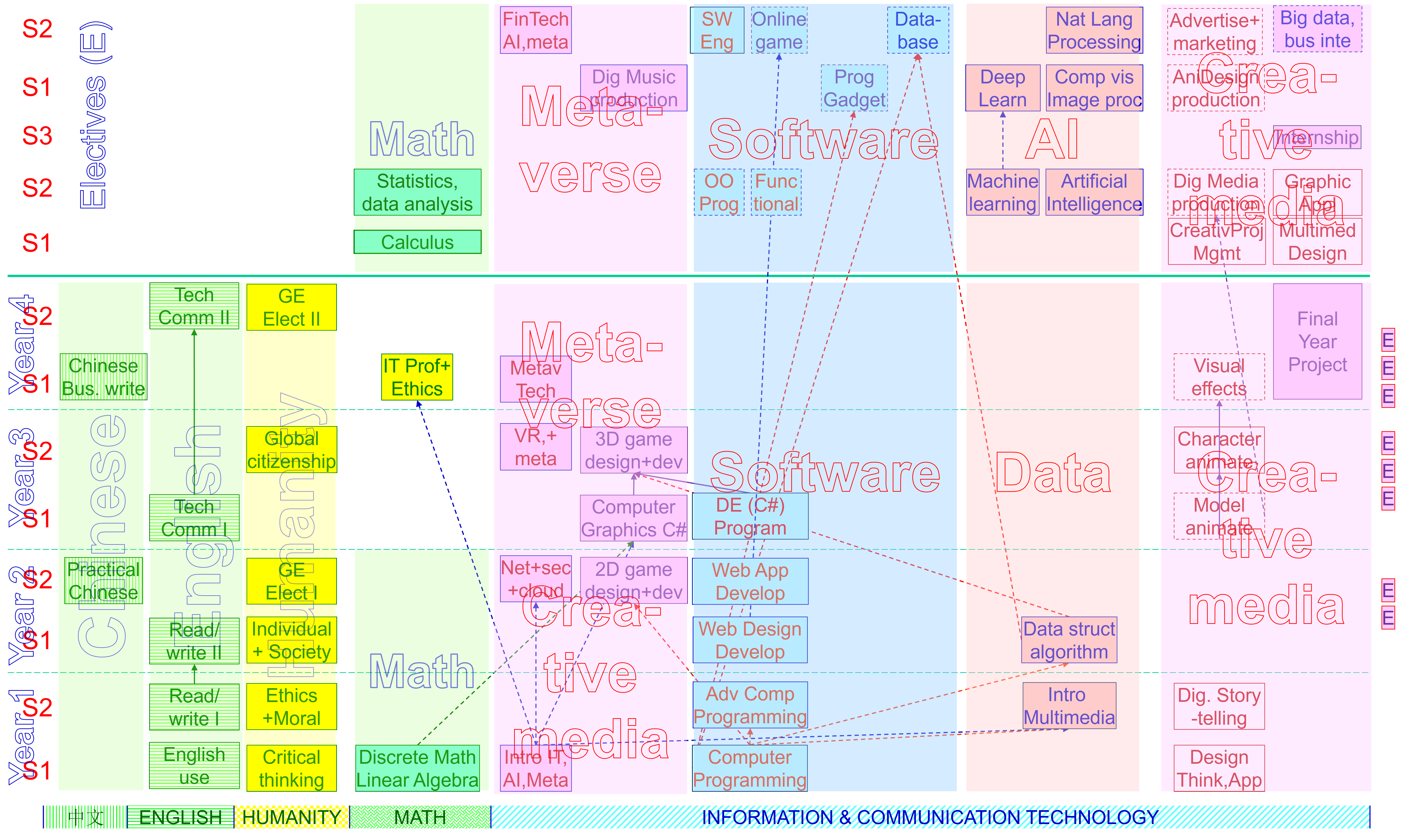

Students will be presented with many opportunities to explore the wide range of specialization within the digital fields, such as:
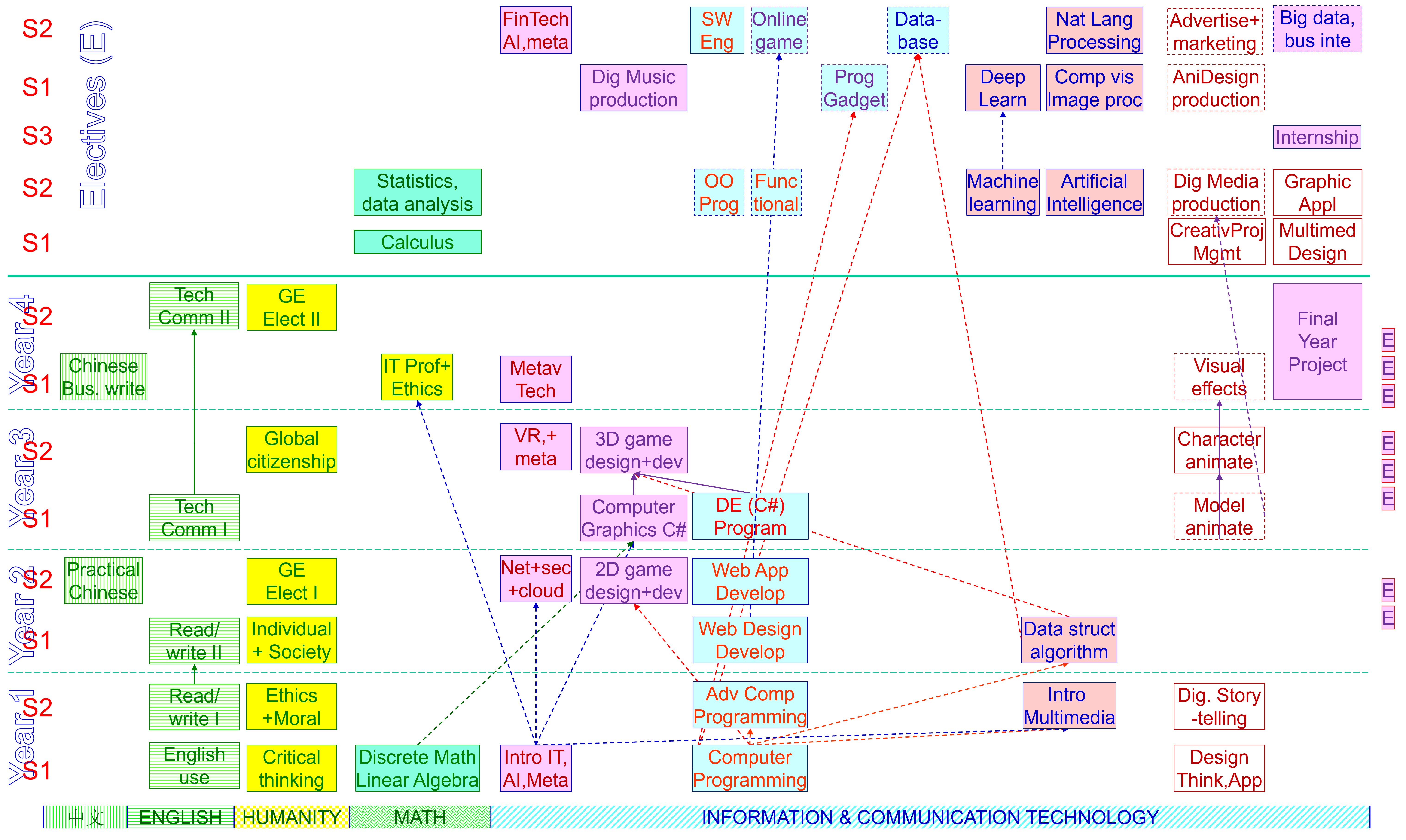

Students are highly encouraged to take the Internship course to gain industry experiences.
Industry parters are offering Internship to our students and are also hiring from our graduates.
Partial list of our industry partners are:



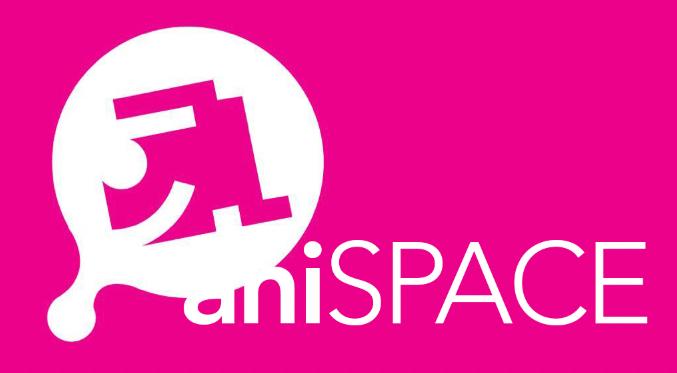
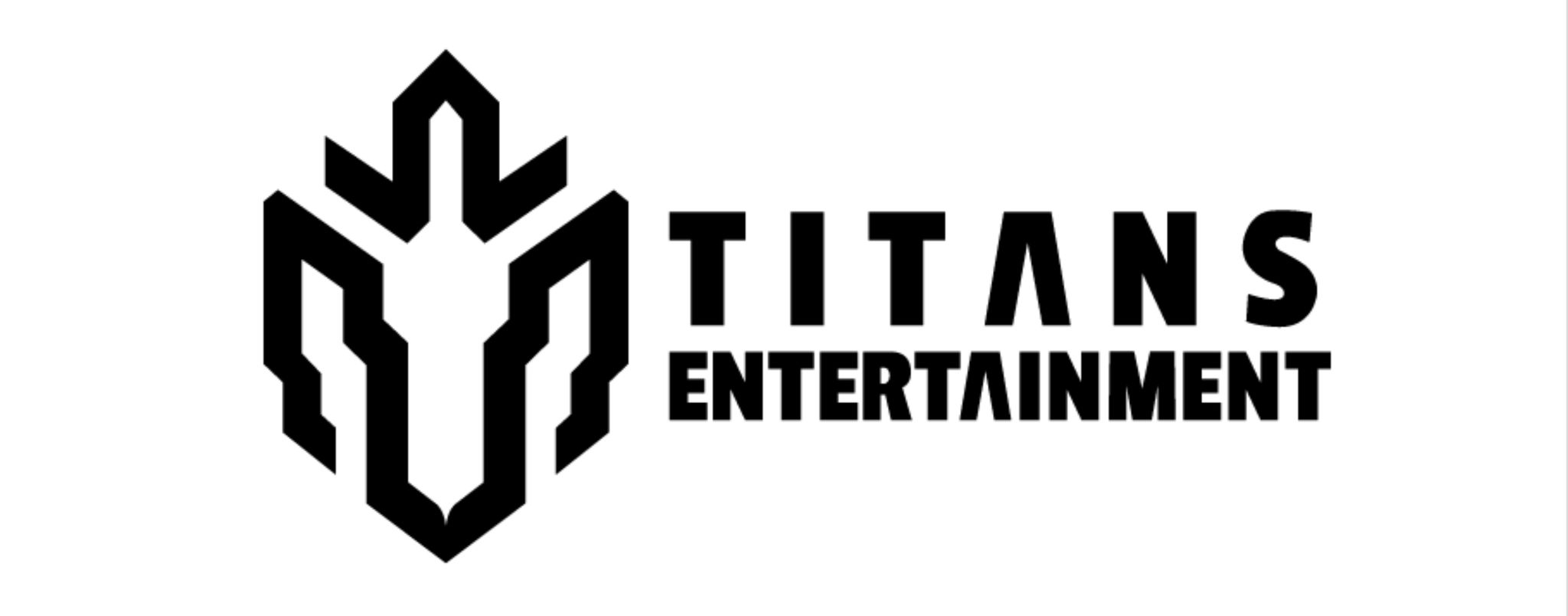
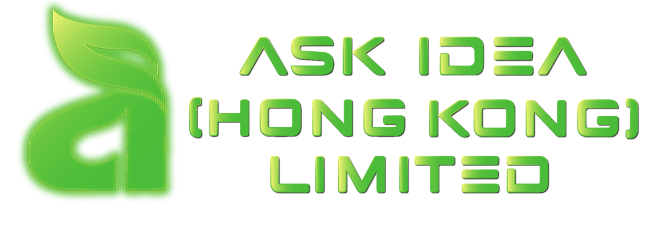
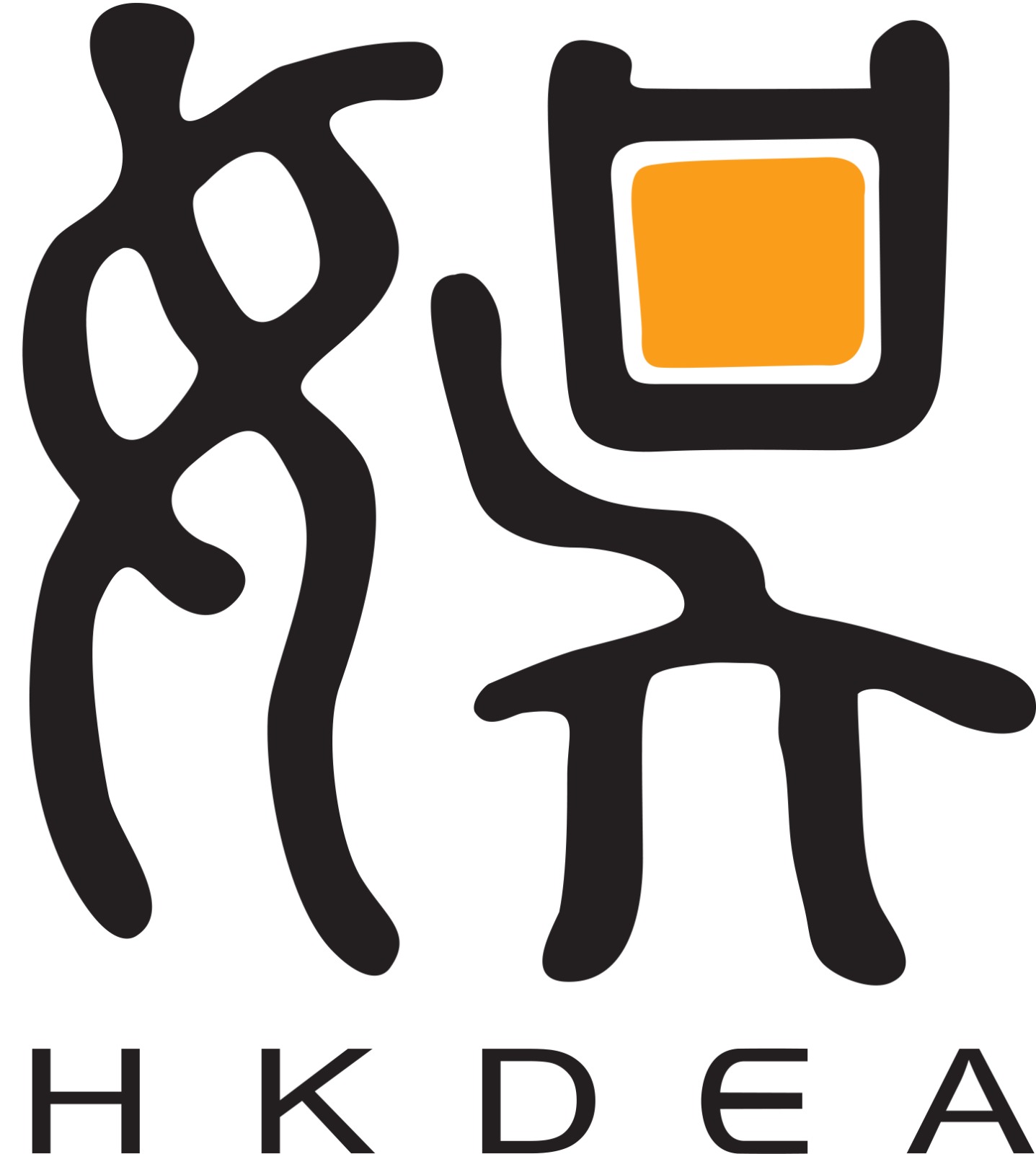



Since 2015, School of CIS has been offering the BSc (Hon.) in Digital Entertainment, a four-year full-time degree programme. Starting from the 2018-19 academic year, our students in BScDE Programme (JUPAS Course Code: JSSA02) have been granted the Study Subsidy Scheme for Designated Professions/Sections (SSSDP), which is an indicator to guarantee the quality of our programme deliverables as well as the academic level of our in-take students.
From time to time, CIS keeps reviewing the curriculum to keep abreast of the ever-changing market and until recently, we have updated the programme name to Bachelor of Science (Hons) in Digital Entertainment Technology so as to reflect the widely application of technology in the programme.
Over the years, our graduates have been equipped with in-depth and up-to-date knowledge in computer science, with emphasis on multimedia technology as well as creative design skills.

What is the job prospect of BScDET students? Which industry can I work in?
Programming Artist, Programmer, Software/Web/App/Game Designer/Developer, Data Analyst
If I do not meet the basic admission requirements, will I still be able to study this bachelor degree programme?
Students meeting HDAI-ICT admission requirements could study HDAI-ICT programmes which bridges smoothly to BScDET programme at Year-3 entry when they graduate from the HDAI-ICT.
Do I have a higher chance of admission in the BScDET programme if I have studied ICT? Does ICT have a higher weighting than other electives e.g. Economy?
In the selection process, the applicant's scores in two elective subjects in the Hong Kong Diploma of Secondary Education Examination will be considered as additional scores. Although prior study in ICT may help, other factors such as interview, motivation and interests of the applicant are also considered.
Would some subjects of the BScDET be exempted if I have studied some related subjects in Diploma Yi Jin or IVE?
We can only exempt subjects that have QF level 4 or 5.
Will there be interview after the annoucement of JUPAS result?
Yes. If students are interested in our programme, welcome to give us a call or whatsapp to 52693846, so we can arrange special interview.
I have already complete HD/AD, BSc or BA, can I apply for BScDET?
One who has already complete HD/AD in related area (Computer science, IT, etc.) may apply for Year 3 entry. If the HD/AD is not in related area, one may apply for Year 2 entry.
When can the BScDET students use Advanced equipments and softwares e.g. Motion Capture System and 3D Priniting?
Students could take related elective courses from Year 3.
Does the school provide any supports for the BScDET students if they have the opportunity to join the Hong Kong or international competitions?
Our institute has budget to support students' competitions.
Do BScDET students have internship opputurnities in technological or digital companies?
Yes, we encourage students to intern at Year 3 summer. Our school also has connections with various IT and digital entertainment companies, and will recommend students to intern at these companies.
Is there any scholarship programme for the BScDET students?
If the new students score 13 points in the best five subjects in the DSE, they can also receive an admission scholarship of $30,000. With the government's non-income subsidy of more than $30,000, they only need to pay around $10,000 each year in tuition.
What are the qualifications of the academic staff of the BScDET programme?
The teaching faculty is composed of both local and international experts in AI, ICT, and 5G, including some staff with rich industry experience and Fellows of IEEE
